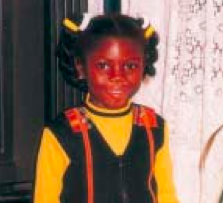The Charity Commission has rejected a bid by a Catholic organisation to amend its charitable objects in order to restrict its adoption services to heterosexuals. The case highlights the significant protections which have been put in place by recent equality law, and the policing role which the Charity Commission is required to play from a human rights perspective.
The Commission was ordered by the High Court in March to look at its initial decision again in light of Article 14 of the European Convention on Human Rights. The law behind the case is quite convoluted, but is worth looking at again as it is likely to have significant implications for gay couples looking to adopt as well as for religious charities in general.










